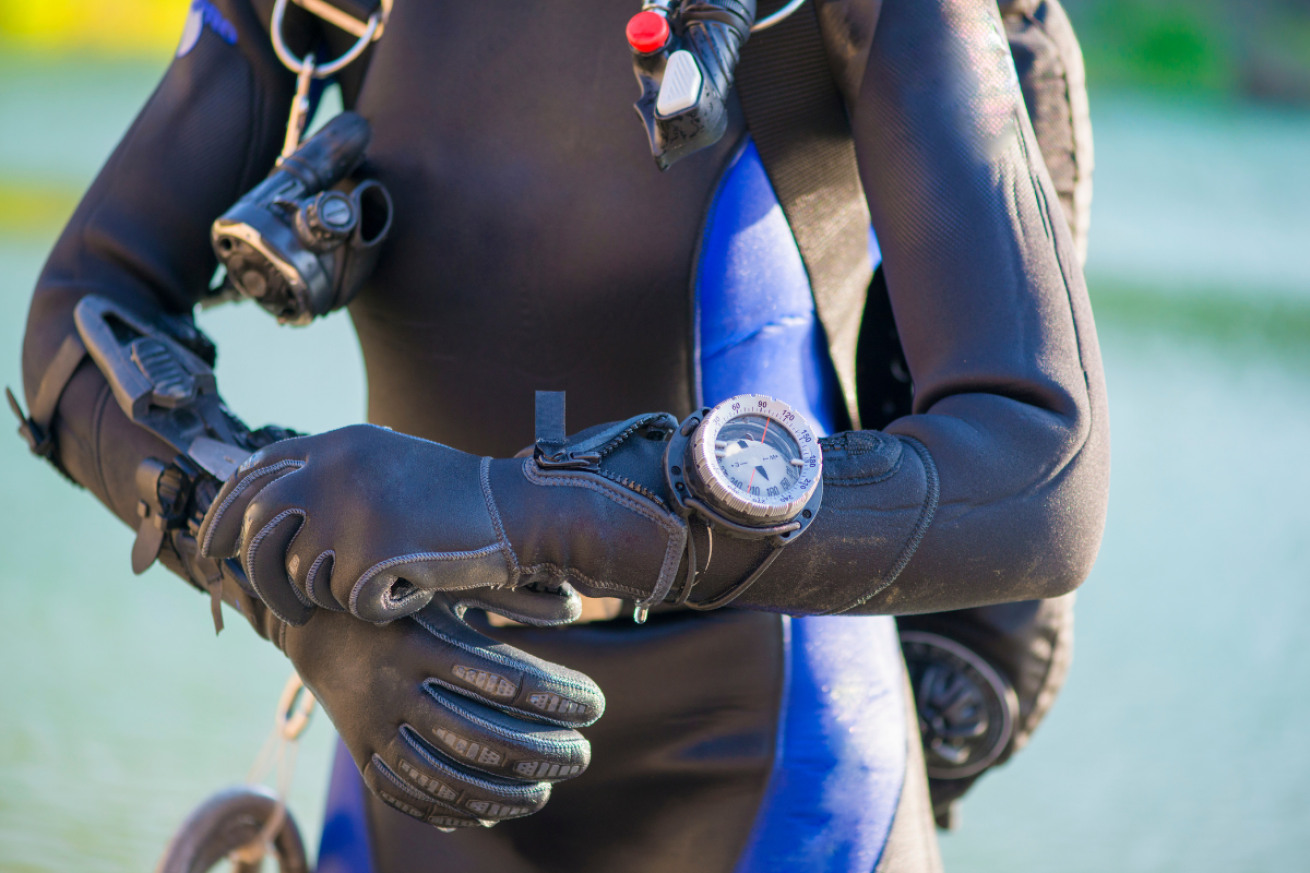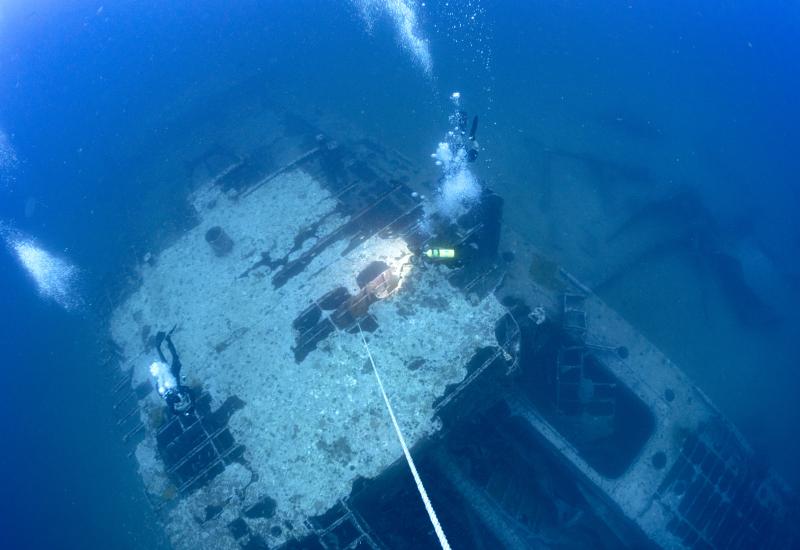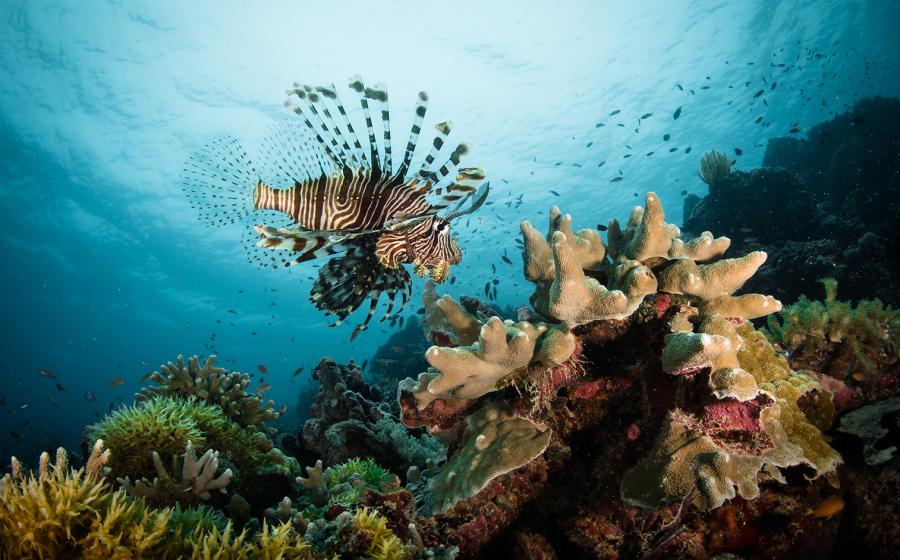ASK DAN: How Can I Prevent Gear Trouble?

Courtesy of DANScuba gear is life-support equipment, and it requires just as much attention as one’s personal vehicle or physical health.
The adage “an ounce of prevention is worth a pound of cure” dates back to the 18th century, but it still rings true today. Proactive measures such as dental checkups, travel immunizations and oil changes can prevent catastrophic problems in your everyday life.
Most divers understand the value of preventive maintenance, yet many fail to have their dive gear serviced each year. Scuba gear is life-support equipment, and it’s just as important to keep well-maintained as one’s personal vehicle or physical health.
REGULATOR
Scuba regulators should be overhauled annually, or as required by manufacturer recommendations. Active divers might need their regulators serviced more frequently (always follow the manufacturer’s recommendations). The submersible pressure gauge (SPG) should also be inspected annually. Post-dive care is critical for maintaining the function of a regulator assembly between service intervals. Always use the dust cap, and soak both the first and second stage in clean water after diving.
DIVECOMPUTER
Many divers use the low-battery warning as an indicator their computer needs service, but this is a mistake. Most dive computers require annual or biannual service (refer to the manufacturer’s guidelines). In addition to replacing the dive computer battery (and transponder battery, if applicable) the O-rings must be checked, and the unit should be inspected for signs of salt buildup.
BUOYANCY COMPENSATOR DEVICE (BCD)
Some BCDs have a second stage regulator attached to the low-pressure inflator, yet divers commonly neglect to have their BCD serviced at the same time as their regulator assembly. A BCD should be serviced annually, or as often as the manufacturer recommends. The low-pressure inflator and bladder can deteriorate. Should either fail during a dive, a serious accident may occur.
DRYSUIT
Drysuit owners should have their suits inspected each year. Inspection and pressure testing can find pinhole leaks before they become dive-ruining floods.
TANK
A scuba cylinder should be visually inspected every year for corrosion, dents, pitting and damage to the valve. Hydro-static testing should be performed every five years or as determined by cylinder type and local regulations.
ACCESSORIES
Ancillary gear, including dive lights, strobes, surface marker buoys (SMBs) and dive watches, should also be inspected regularly. Check O-rings, replace batteries and periodically inflate the SMB.
MASK, SNORKEL, FINS
Snorkeling gear does not require regular service, but it should be rinsed after every dive and properly stored. Put the mask back in its original box to protect it from being crushed or deformed by heavier items. Check fin straps, the mask strap and the snorkel keeper periodically for signs of wear.
PROTECT YOUR GEAR FROM UV RAYS
Scuba divers may love the sun, but scuba gear does not. Ultraviolet radiation can damage dive equipment, especially items made of neoprene. Stow gear under a bench, in the shade or under a towel if necessary.
For more information, visit dan.org










